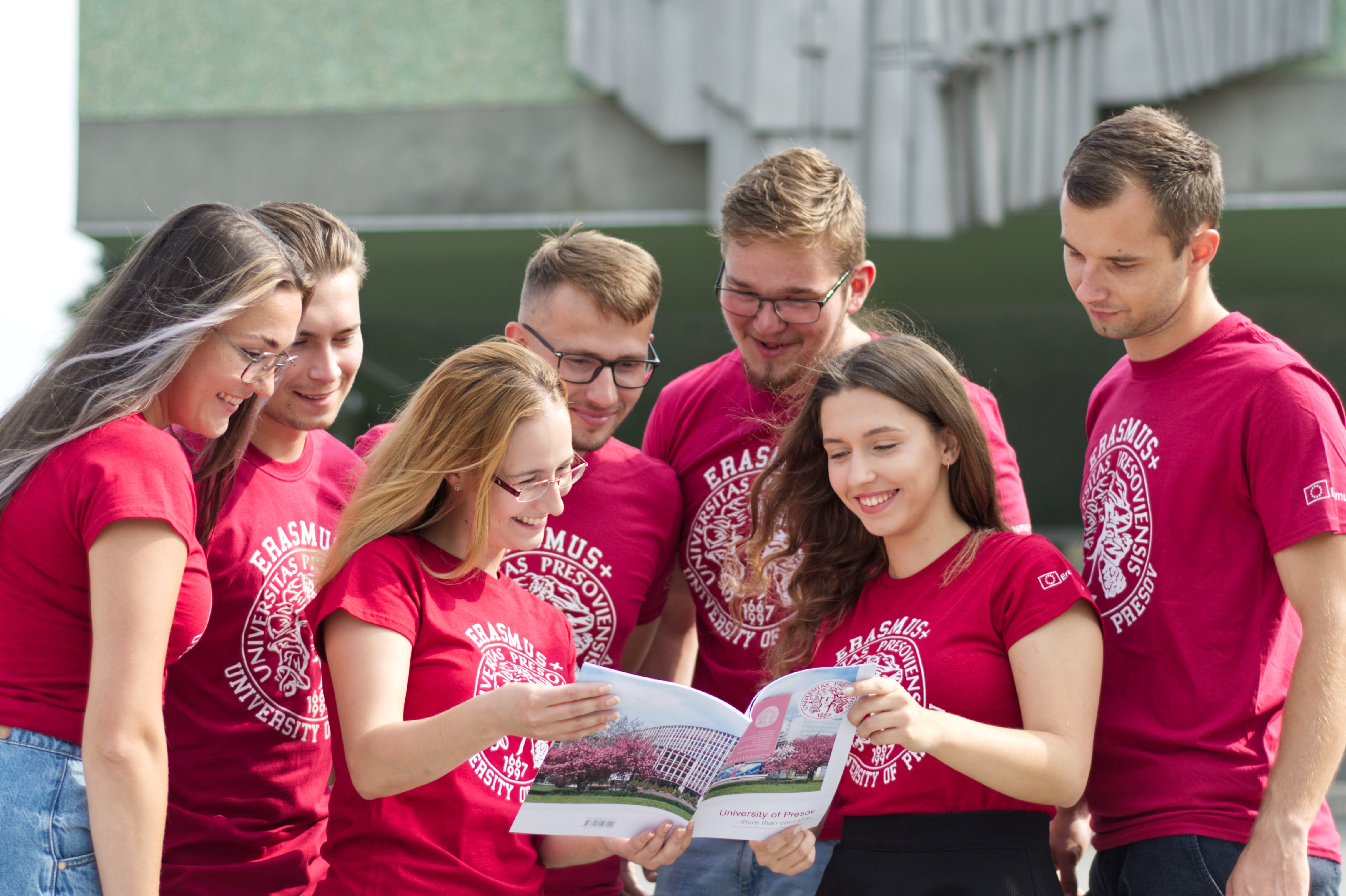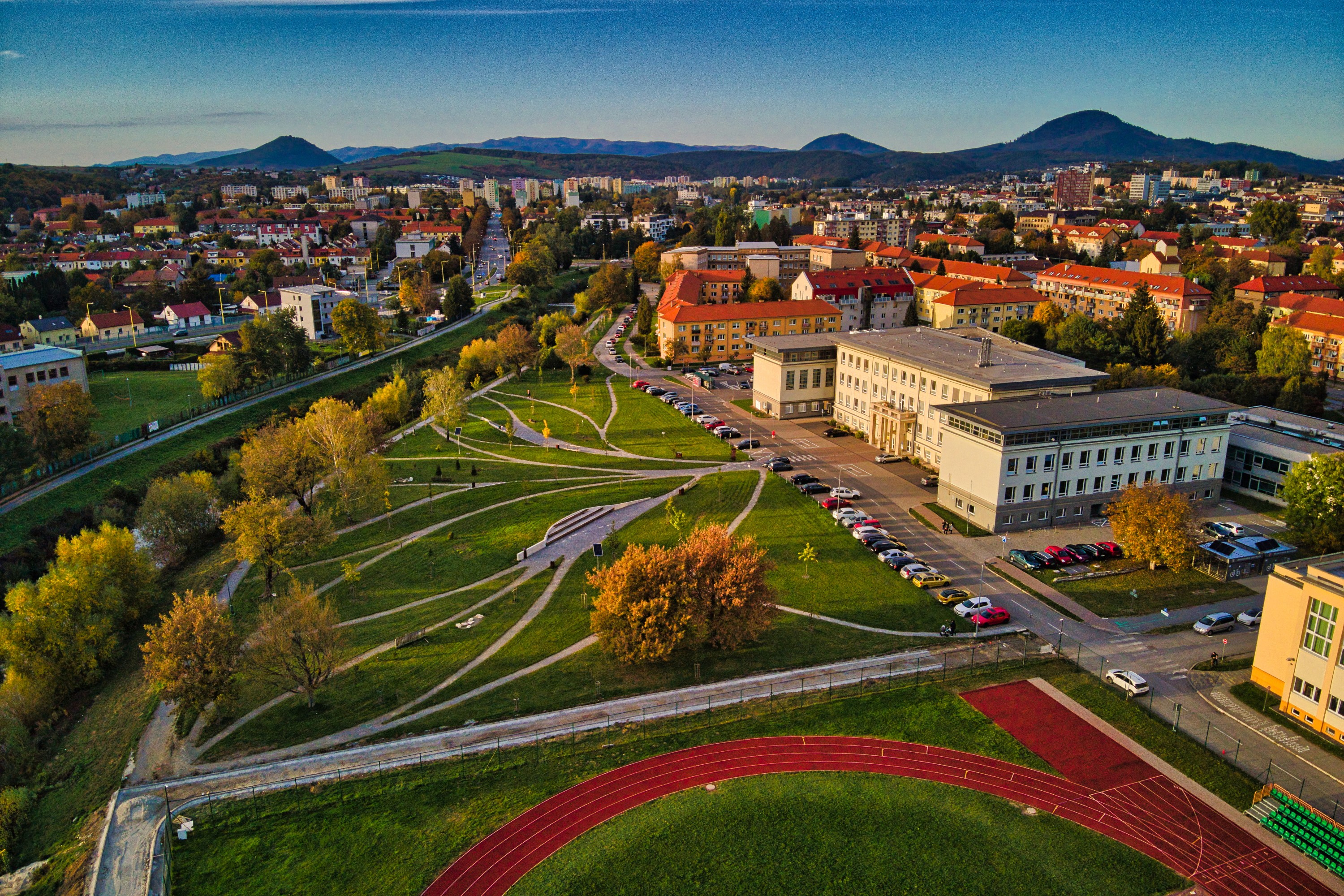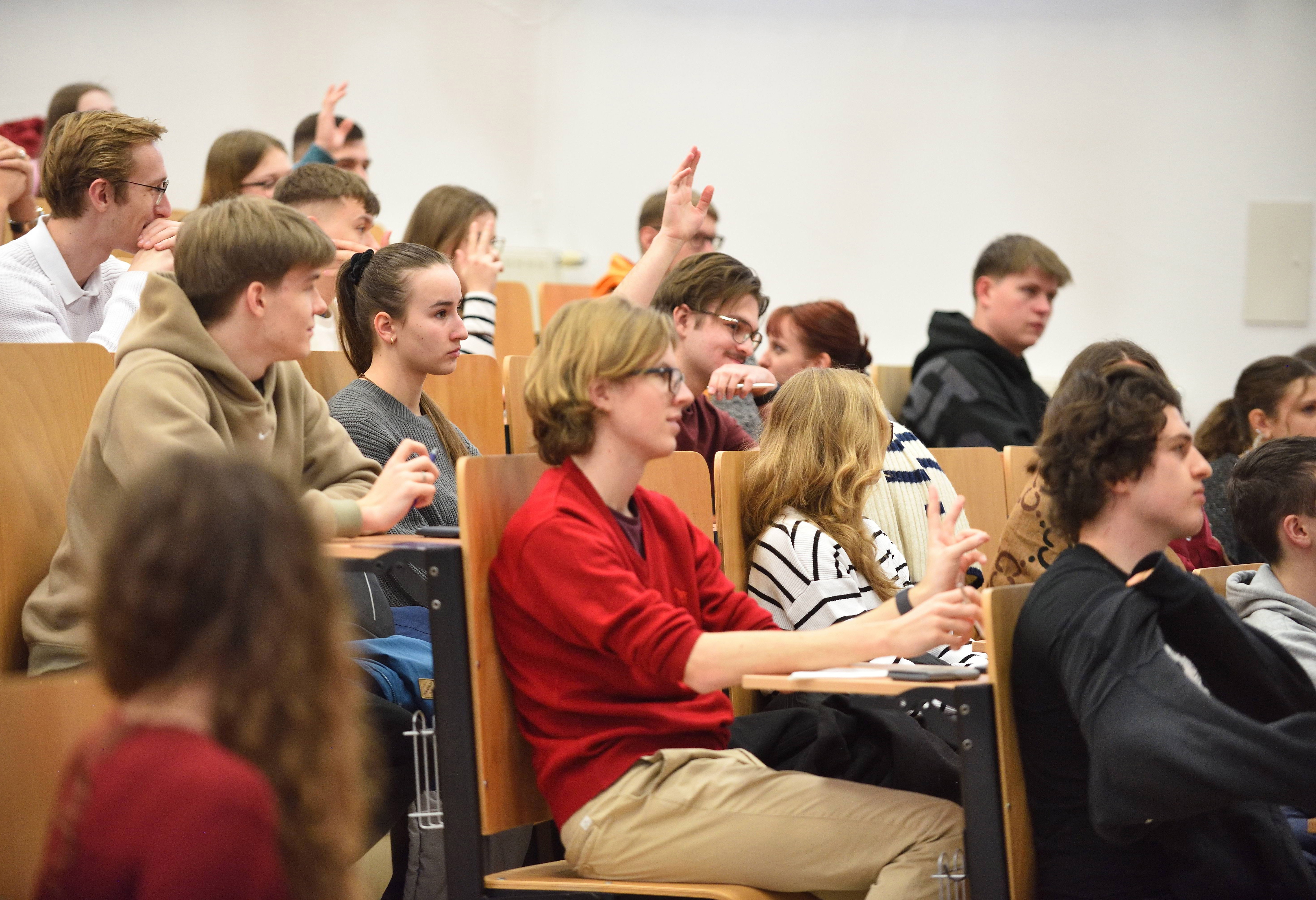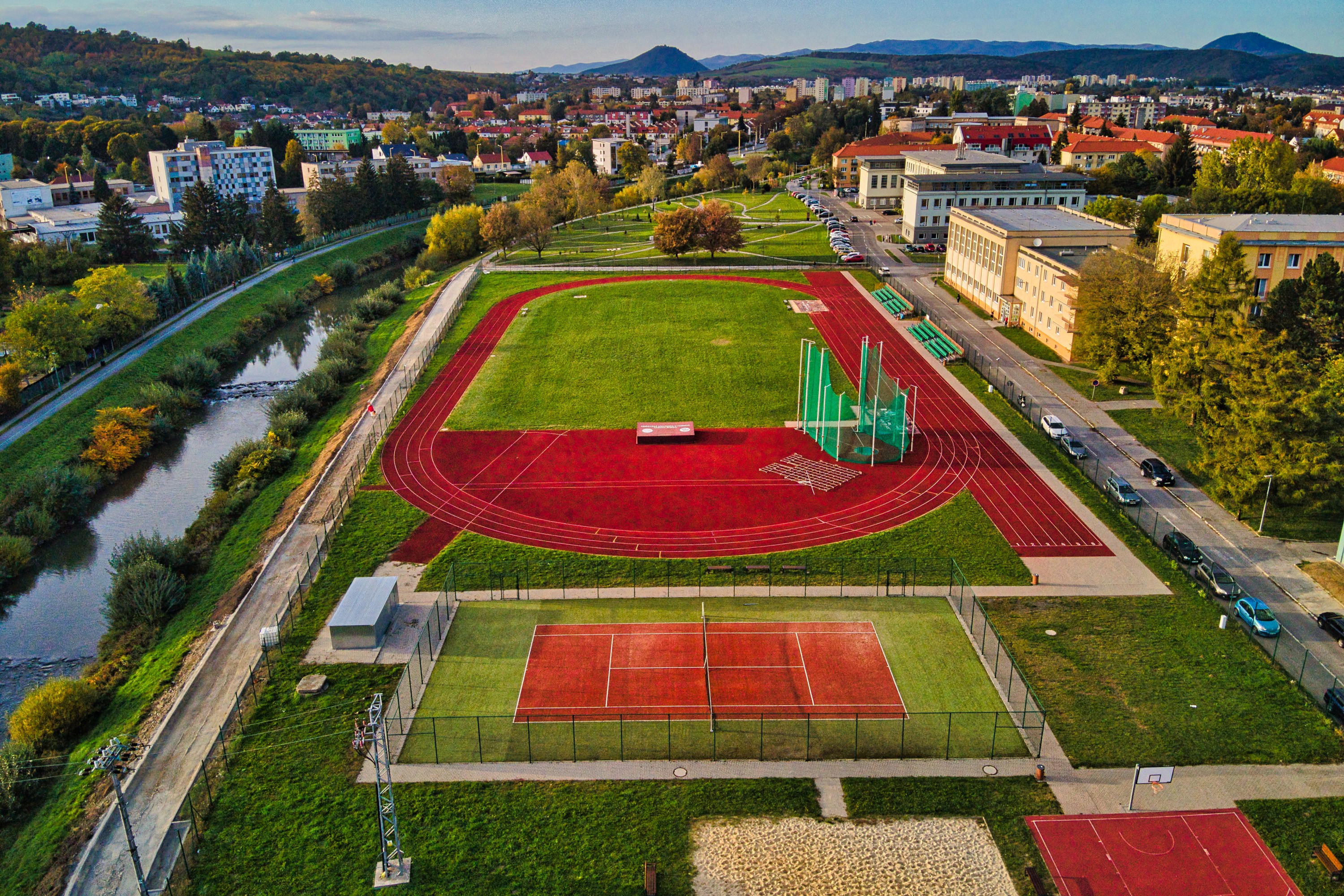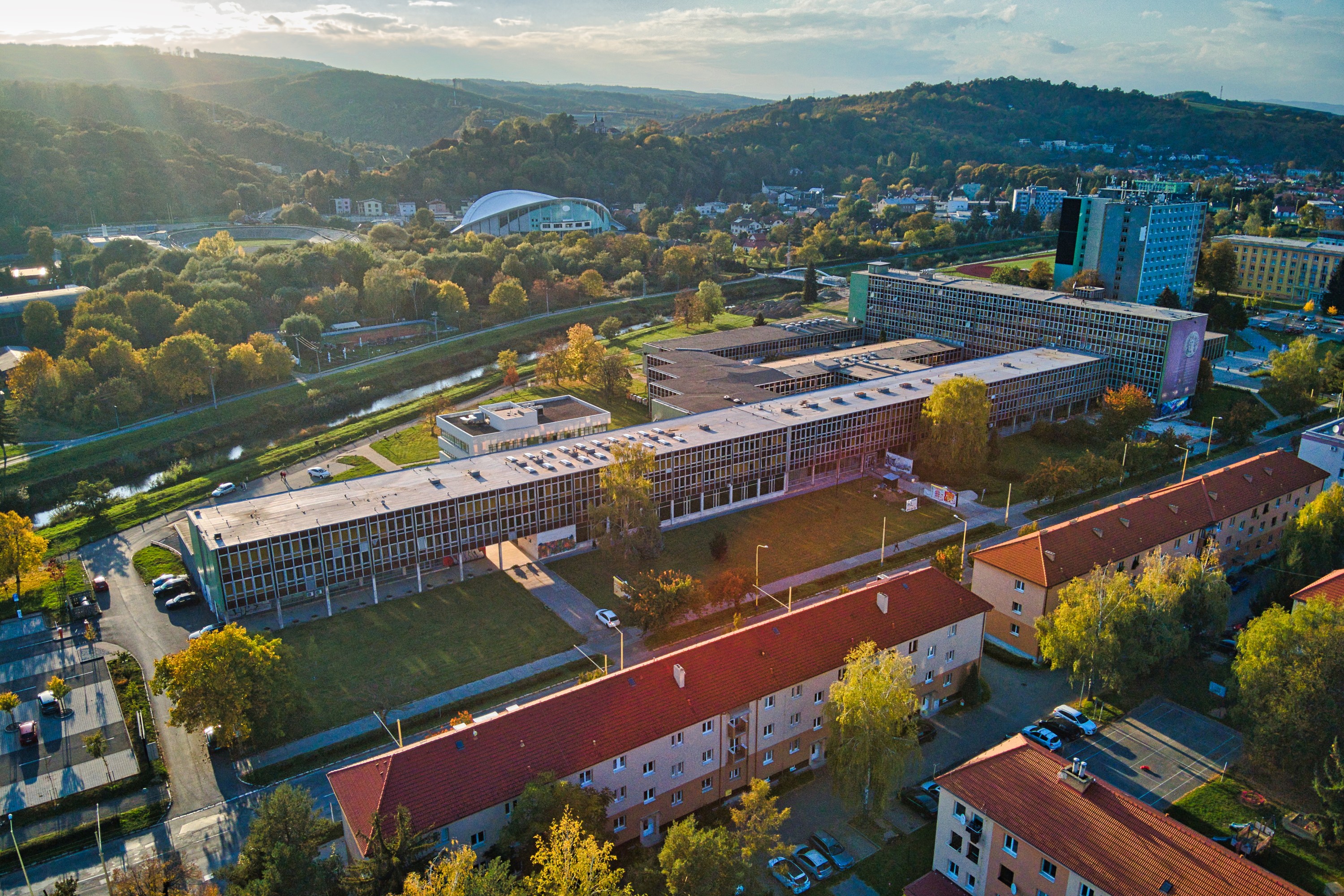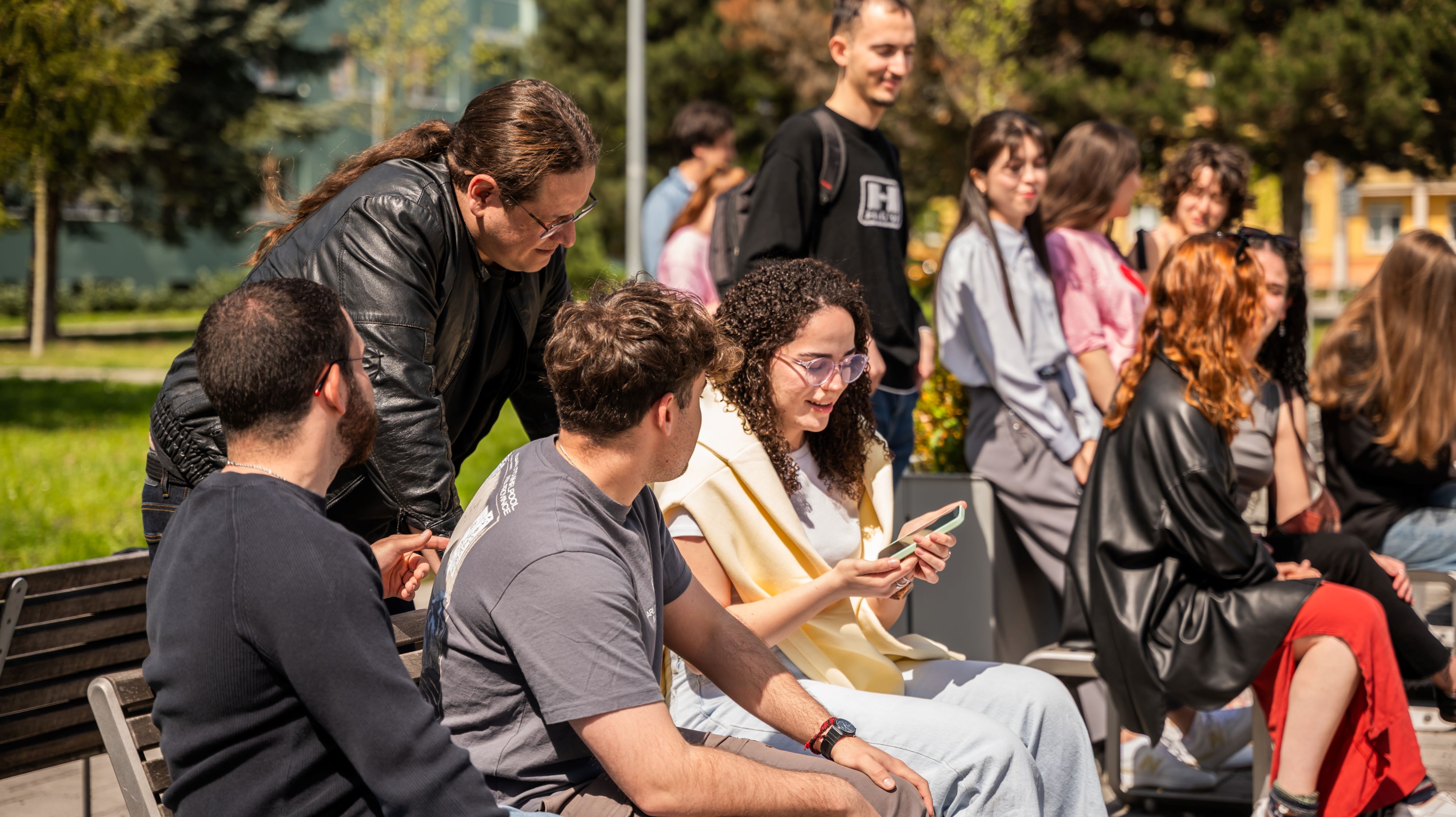English Language and Anglophone Cultures
Course Description
The third-degree (PhD) study programme in English Language and Anglophone Cultures builds on the bachelor’s and master’s levels and focuses on advanced research and interdisciplinary expertise in English philology within an intercultural and globalized context. Students specialize in one of four areas: linguistics, literature, translation studies (translatology), or linguoculturology:
- The linguistics track emphasizes interdisciplinary approaches and current research in World Englishes, pragmalinguistics, and geosemiotics, with international academic ties.
- The literature track explores British, American, and other Anglophone literatures, with a strong focus on postcolonial theory and intercultural analysis.
- The translation studies track examines Anglo-American approaches to translation theory, including new developments like narrative, affective, and posttranslatology, in collaboration with global research associations.
- The linguoculturology track investigates the dynamic relationship between language and culture, focusing on linguistic images of the world, key cultural expressions, and their translation.
The programme prepares students for independent research, intercultural analysis, and contributions to scholarly knowledge, equipping them to address contemporary issues in English language use and communication in diverse global contexts.
Course curriculum
The PhD. degree in English Language and Anglophone Cultures is a three-year program (180 ECTS) (see https://www.unipo.sk/public/media/41198/OSP_EN_FF_PhD_AAKAD_stand_df.pdf)
The student should obtain at least 80 credits from study and teaching activities, of which he/she must complete the compulsory subjects (30 credits) including the dissertation examination (30 credits for 3 subjects of the dissertation examination), complete at least 1 compulsory elective subject and obtain at least 20 credits for compulsory elective subjects and elective subjects in total. The student must obtain a minimum of 90 credits in creative activity in the field of science, of which the student must complete the compulsory dissertation defence course for 30 credits and must obtain a minimum of 50 credits for units of publication activity. The student chooses according to his/her individual study plan from the compulsory elective and elective courses in order to achieve the necessary number and structure of credits. A minimum of 180 credits is required for successful completion of studies.
Program Outcome
Knowledge gained:
The graduate of doctoral studies has acquired a systematic and comprehensive set of factual, conceptual, procedural and metacognitive knowledge in the areas of the field of study. He/she knows and understands the complex interdisciplinary relationships between the parts of the discipline that are the methodology of science, modern linguistic, literary, cultural and translatological trends, concepts and approaches, and intercultural communication. The student will be familiar with the theories, methods, and practices of scholarship and research with a focus on contextual linguistics and innovative processes in language, on literary-historical, literary-theoretical, and literary-critical reflection on literatures of the Anglophone social and ethno-cultural complex. This knowledge is at the level of the current state of scientific knowledge and corresponds to international criteria.
Skills acquired:
The graduate has mastered the methods, procedures and techniques of scientific research and is able to acquire new knowledge and information, critically analyse it and use it for the development of the field. The student is able to identify a research topic, formulate a scientific problem, select adequate procedures and techniques for data acquisition and processing and methods of data analysis, interpret them and justify his/her contribution to scientific research. They can creatively refine and further develop scientific theories, models and approaches. They have mastered the principles and practices of academic writing and are able to submit a scholarly text for publication in a competitive domestic and international scholarly arena. The graduate is able to apply his/her research results in his/her own educational, scientific research and publishing activities.
Acquired Competencies
The graduate is able to think creatively, critically and analytically on his/her own and has the prerequisites to initiate and solve challenging and complex research problems with a high degree of originality and social contribution in his/her field. He/she is able to work scientifically and solve research tasks independently and in collaboration with a team of experts and to establish professional contacts in his/her field at conferences or during a study stay abroad. He/she is able to critically assess his/her own professional activity, adjust and optimise the research process and adapt it flexibly to changing research conditions. He/she is able to present and defend the results of his/her research to the domestic and international professional community and to popularise his/her scientific field to a wider cultural audience in an accessible way. He/she is able to follow the current development trends in his/her field and reflect on the ethical and socio-cultural aspects of scientific work. He/she can individually and in groups design, organise and manage scientific research at national level and participate in the organisation of research of an international nature as a communicatively competent and methodologically informed professional with the highest degree of ethical integrity. He/she is able to plan his/her own professional and personal development, to systematically educate himself/herself and to contribute in an original way to the creation and dissemination of knowledge, procedures and solutions within his/her field of study, and is prepared for further work in science and research.
Career Opportunity
Education field:
assistant professor/university teacher
Science and research:
Linguist (philologist), specialist in science development, research and innovation
Public administration:
Specialist in the development of science, research and innovation, public administration specialist in the field of culture
Admissions
Entry requirements:
- successful completion of MA studies in English Language and Anglophone Cultures or related fields of study
- the knowledge in the field of linguistics, literature, and cultural studies with a focus on the PhD. thesis theme; outline of a PhD. thesis
- English language competence at C1 and higher (CEFR level)
Admission procedure:
- pay the application fee of €25 (the confirmation of payment must be attached to the application)
APPLY NOW - fill in and submit the application form
- print the application form, sign it and send it to the Faculty address with the required application documents
- Address: Prešovská univerzita v Prešove, Filozofická fakulta, 17. novembra 1, 081 16 Prešov, Slovakia
SWIFT: SPSRSKBA
Variable symbol: 102003
Note for the recipient: name and surname of the applicant
Gallery
